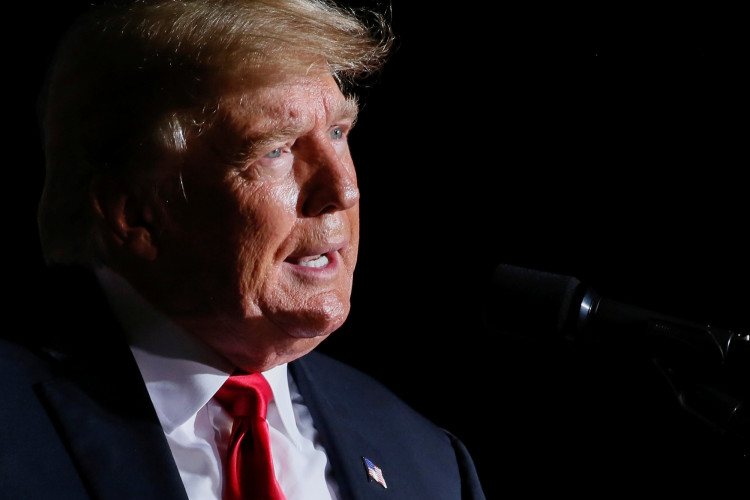The legal landscape surrounding former President Donald Trump continues to evolve as recent court developments have thrown the timeline of his classified documents trial into uncertainty. U.S. District Judge Aileen Cannon, presiding over the case in Florida, has expressed skepticism about the prosecution's push for a summer trial, suggesting the complex nature of the case demands a more cautious approach. Trump's legal team has proposed postponing the trial until after the November election, citing concerns over fairness and the constitutional rights of the former president.
During a hearing aimed at delineating the trial's timeline, Judge Cannon, appointed by Trump himself, suggested the complexity of the case warranted a more deliberate approach. "A lot of work remains to be done," she remarked, indicating her belief that the case is far from trial-ready. This stance introduces a significant degree of uncertainty into the proceedings, which are intricately tied to the handling of classified documents-a matter that has already contributed to delays.
The legal tussle over scheduling comes amid the backdrop of the Supreme Court's recent decision to deliberate on Trump's immunity claims in another federal criminal case. This development could potentially influence Judge Cannon's decisions, given Trump's similar assertions of immunity regarding the classified documents found at his Mar-a-Lago residence.
Prosecutors, led by Justice Department special counsel Jack Smith, have advocated for a swift resolution, proposing a July 8 trial start date. They argue that the public interest necessitates a timely verdict, especially with the election on the horizon. "This case can be tried this summer," asserted prosecutor Jay Bratt, emphasizing the prosecution's readiness to move forward.
Contrastingly, Trump's defense, including attorney Todd Blanche, has proposed an August 12 start date at the earliest, voicing concerns over the implications of a pre-election trial. "We very much believe that a trial that takes place before the election is a mistake and should not happen," Blanche stated, highlighting the defense's stance on the matter's sensitivity and the potential impact on Trump's campaign efforts.
The heart of the case revolves around Trump's alleged mishandling of classified documents, a matter complicated by the protocols governing access to such sensitive information. The challenge of managing these classified documents has been a sticking point, evidenced by Judge Cannon's decision to restrict Trump's co-defendants from viewing certain classified materials-a ruling that underscores the case's intricate legal landscape.
The unfolding legal saga not only puts Trump's actions under scrutiny but also tests the judicial system's ability to handle cases steeped in national security concerns and political implications. With the trial's scheduling in flux, the case's trajectory remains uncertain, casting a long shadow over Trump's legal and political future.
As the case progresses, the potential for a delayed trial adds another layer to Trump's already complex legal calendar, which includes other high-profile cases. The implications of these legal battles extend beyond the courtroom, touching on fundamental questions about accountability, the rule of law, and the intersection of politics and justice.






